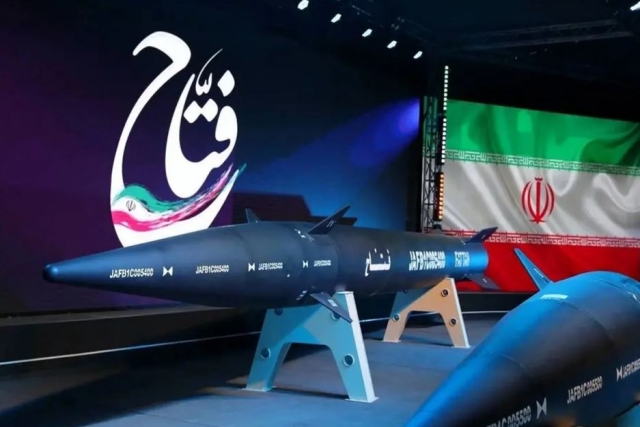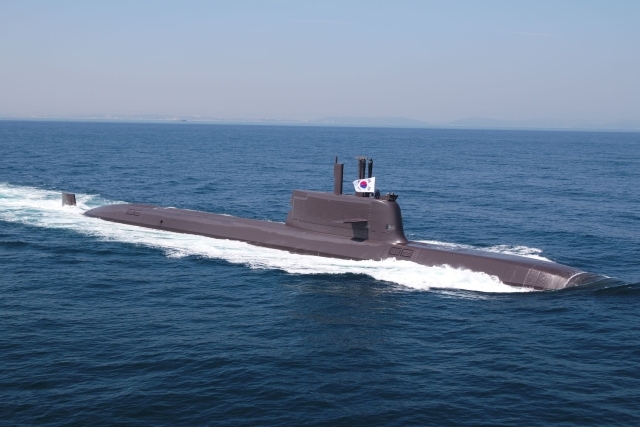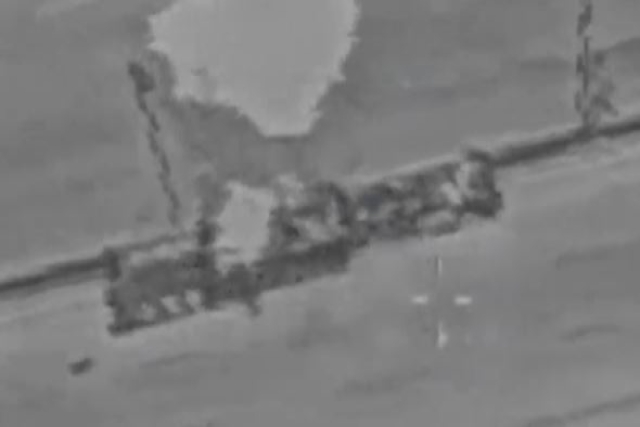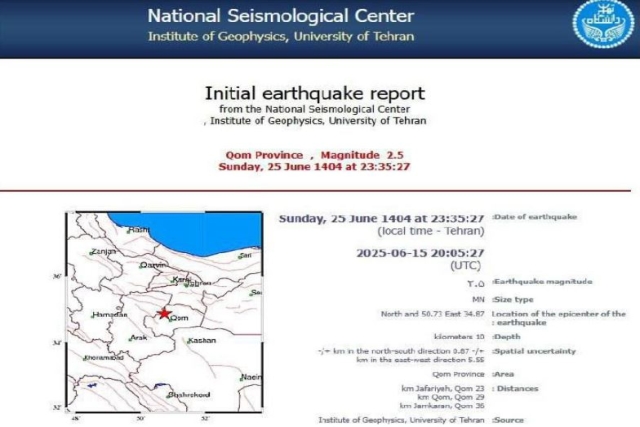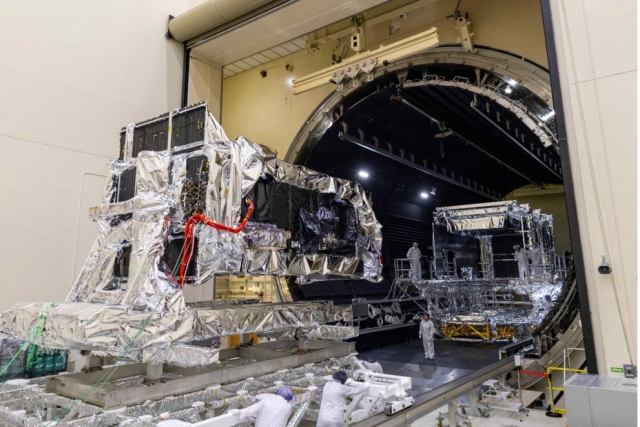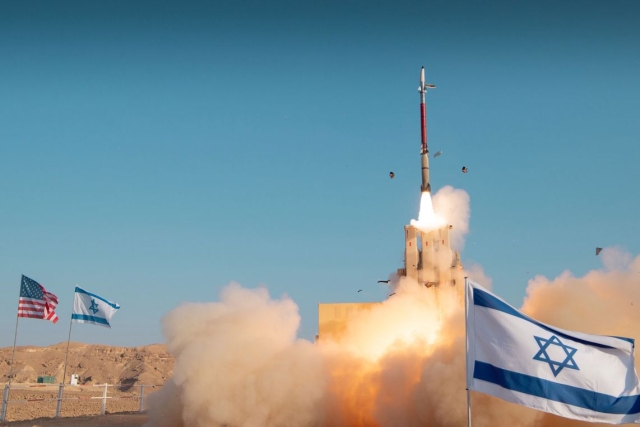IAEA Chief Admits No Evidence of Iranian Nuclear Weapons
Admission follows journalist’s probe as IAEA faces scrutiny over timing of report, Israel’s strikes on Iranian nuclear sites
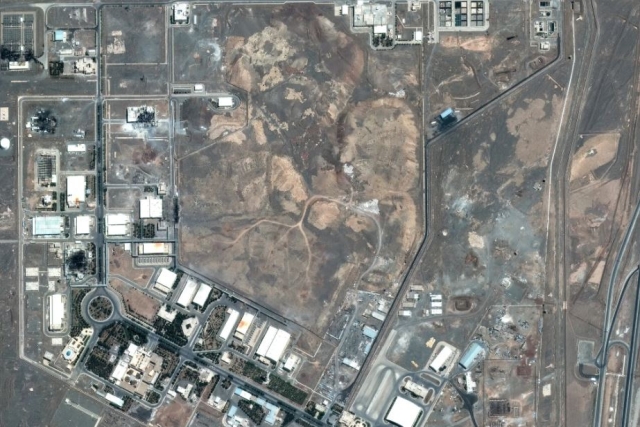
The Director General of the International Atomic Energy Agency (IAEA), Rafael Grossi, has publicly admitted that the U.N. nuclear watchdog has no evidence to support claims that Iran is making a systematic effort to develop nuclear weapons.
Grossi’s admission came during an interview with CNN’s Chief International Anchor Christiane Amanpour, who pressed him on the agency’s recent report on Iran. “We did not have any proof of a systematic effort to move into a nuclear weapon,” Grossi said during the interview.
The statement challenges the IAEA’s recent report and a censure resolution accusing Iran of breaching nuclear rules — the first in 20 years. In response to years of rising threats, Iran has fortified key sites like Natanz, Fordo, Isfahan, Parchin, and Bushehr against possible Israeli attacks.
Today, Israel launched coordinated attacks on multiple Iranian nuclear facilities, including Natanz, Fordow, Tehran, and Karaj.
According to the IAEA, key centrifuge production sites at the TESA Karaj workshop and the Tehran Research Center were hit.
“At the Tehran site, one building was hit where advanced centrifuge rotors were manufactured and tested. At Karaj, two buildings were destroyed,” the agency confirmed on its X page.
Major Setback to Iranian civil nuclear program as nuclear sites damaged in Israeli bombing
Previously, the IAEA also noted damage to underground enrichment halls at Natanz, based on high-resolution satellite imagery. Grossi had initially said the underground facility appeared intact, but revised assessments indicated direct impacts from the strikes.
At the Fordow site, dug deep into a mountain, the IAEA reported minimal damage. However, at the Isfahan complex, several facilities — including the uranium conversion plant — were destroyed.
Grossi Warns of Escalation and Urges Restraint
Following the Israeli strikes and regional tension, Grossi addressed an emergency IAEA Board of Governors meeting in Vienna.
“Military escalation threatens lives, increases the chance of a radiological release with serious consequences for people and the environment,” he said.
Grossi emphasized the urgent need for restraint and diplomacy to prevent further deterioration. The developments come as negotiations to revive the 2015 nuclear deal remain stalled. The agreement had been abandoned by the United States in 2018 by President Donald Trump.

